5 Best Foods for Beautiful Skin


Here Are 5 Great Foods for Your Skin
Winter weather is not kind to our skin. Dryness, redness, flaking or general discomfort abounds as the colder weather continues and we head towards spring. Aside from a slew of lotions and products you are what you eat and your skin is no exception. Foods that are good for your skin, helping to hydrate and guard from environmental damage, have a few things in common including antioxidant and anti-inflammatory properties. Studies show that antioxidants in foods may work by breaking down and neutralizing free radicals, protecting skin from the sun and increasing the expression of genes related to replicating and repairing DNA.
Large studies have concluded for now that food sources of antioxidants appear to be more protective of the skin than supplements so aim for a diet rich in brightly colored fruits, veggies and other skin-supporting foods rather than seeking these benefits in pill form. If you would like to focus on healthy skin from the inside out, be sure to start with proper nutrition to support the largest organ in your body.
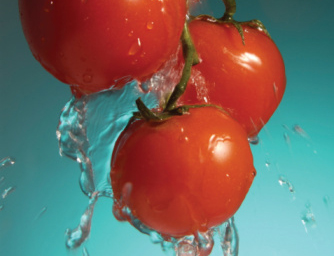 Tomatoes
Tomatoes
Rich in antioxidants including lycopene, tomatoes have been shown in some studies to protect against DNA damage and redness from sun exposure. Lycopene is a carotenoid, or type of pigment which contributes to the red color of most tomatoes and is linked to health benefits in studies.
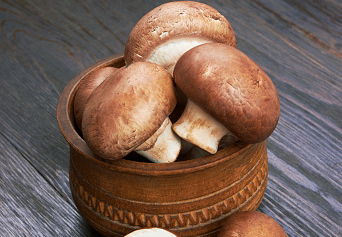 Mushrooms
Mushrooms
Aside from vitamins and minerals, mushrooms contain a compound called beta-glucans which are a type of polysaccharide or long-chain carbohydrate. Studies have indicated that beta-glucans may support the skin through regeneration of collagen-producing cells and protecting against environmental burdens. Collagen is a protein in the human body, critical for skin, cartilage, and bone health. Bonus! Beta-glucans are also found in oats and seaweeds
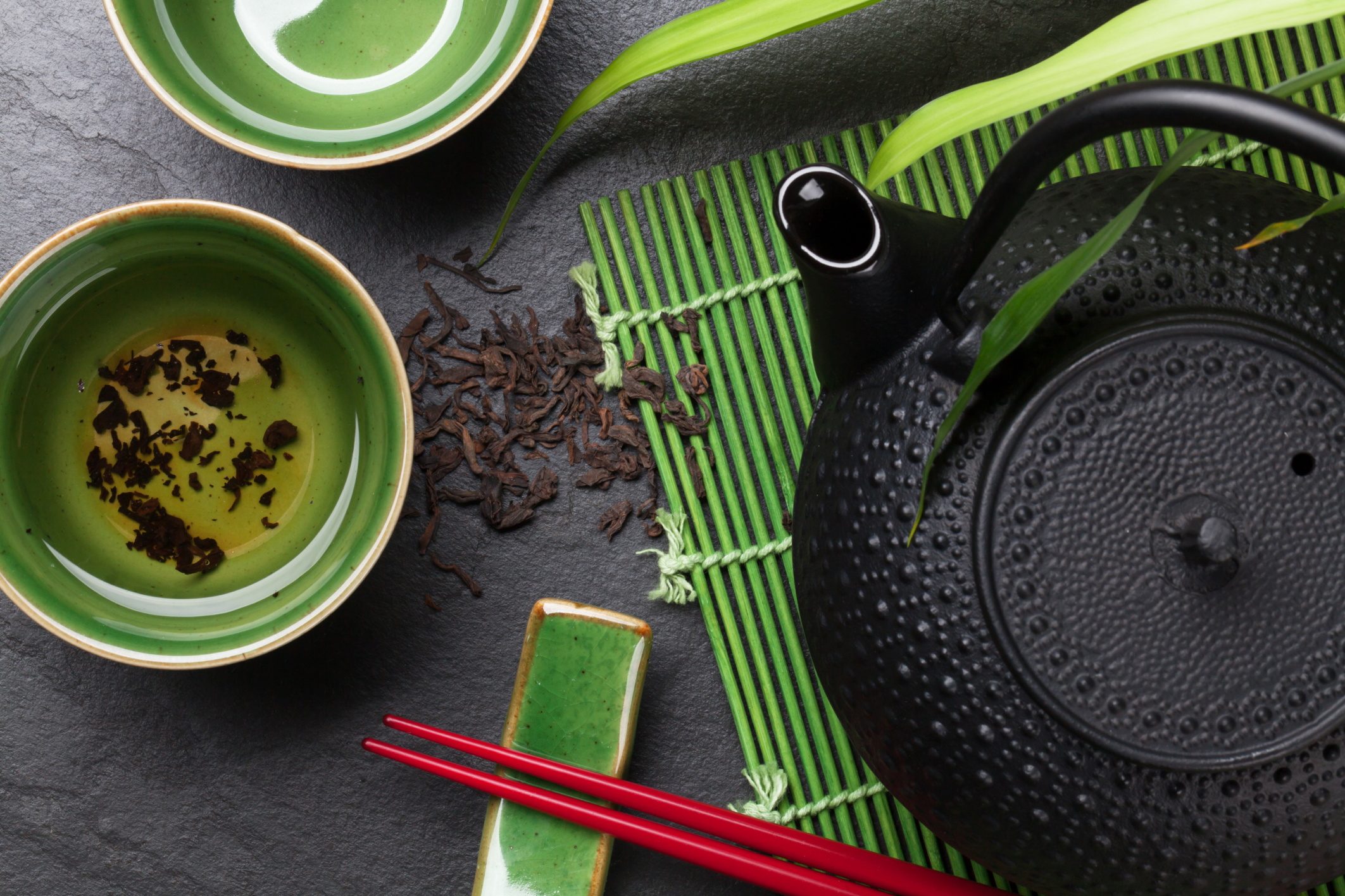 Green tea
Green tea
Packed full of antioxidants, namely epigallocatechin-3-gallate (EGCg) a potent polyphenol, studies indicate potential skin protective effects of consuming green tea. It has been studied particularly in conjunction with protection against ultraviolet ray damage from the sun and also shows promise for reducing inflammation.
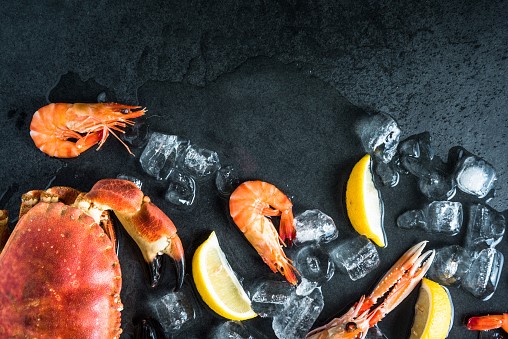 Omega-3 fatty acids
Omega-3 fatty acids
From salmon and herring to chia seeds and walnuts, be sure to include enough healthy fats in your diet to support the skin. The outer barrier of all cells contain a ‘lipid’ or fatty membrane so the types of fat you consume do get incorporated into your body. Studies show that omega-3 fatty acids play a role in the antioxidant defense system of the skin. Bonus! Nuts and seeds are also rich sources of copper, another precursor to collagen production for skin health.
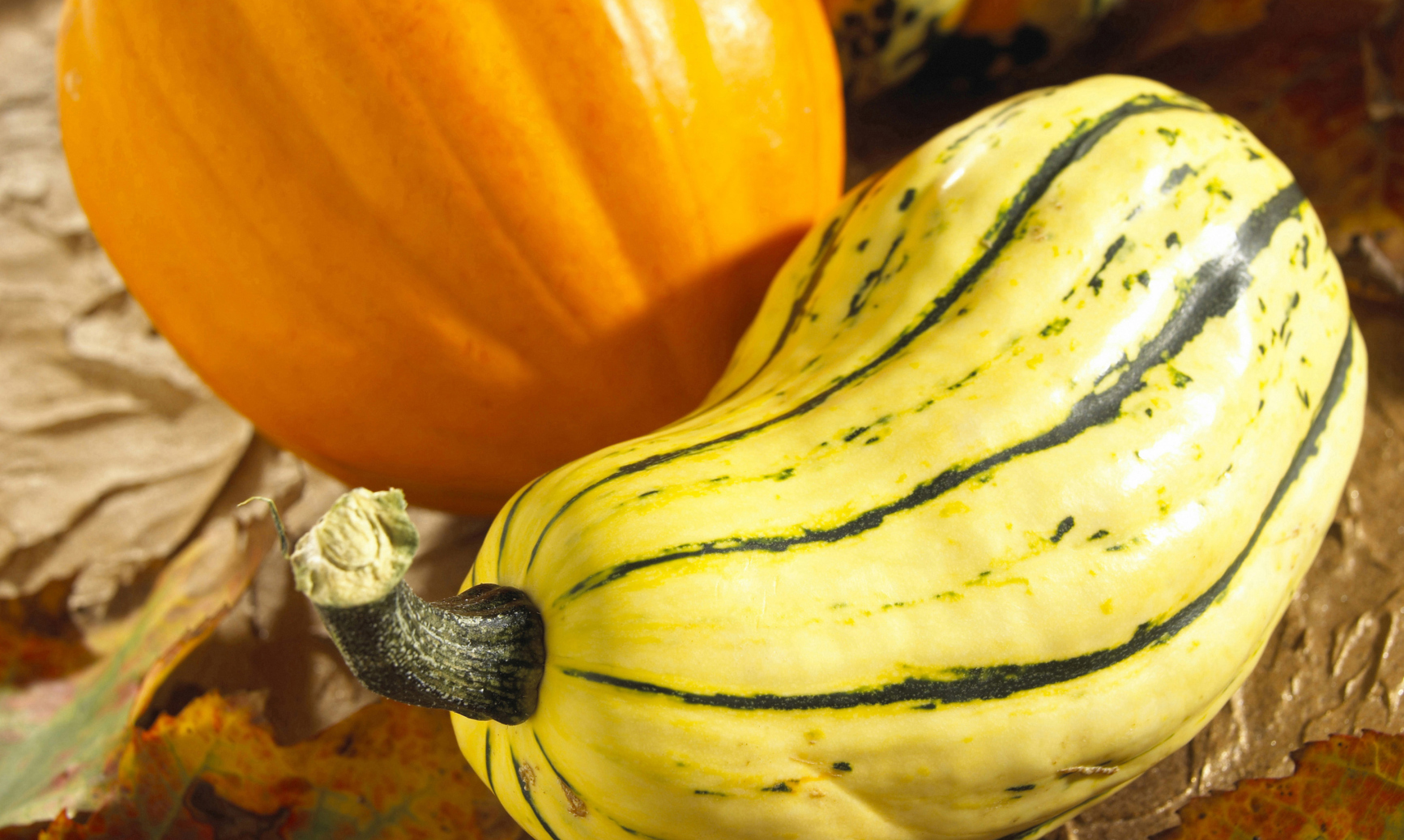 Squash
Squash
Packed full of two antioxidants shown to quench free radical damage in the skin, several squash varieties have proven high content of lutein and zeaxanthin. Orange or red-fleshed squash may be particularly rich in these skin-supporting compounds. Squash also contains a high water and fiber content to support hydration and proper elimination. Bonus! Dark leafy greens, orange pepper and egg yolks are also rich sources of lutein and zeaxanthin.
References
Black HS. The role of nutritional lipids and antioxidants in UV-induced skin cancer. Front Biosci (Schol Ed). 2015;1(7)30-9.
Clarke KA, Dew TP, Watson RE, Farrar MD, Osman JE, Nicolaou A, Rhodes LE, Williamson G. Green tea catechins and their metabolites in human skin before and after exposure to ultraviolet radiation. J Nutr Biochem. 2016;27:203-10.
Du B, Bian Z, Xu B. Skin Health Promotion Effects of Natural Beta-Glucan Derived from Cereals and Microorganisms: A Review. Phytotherapy Research. 2014;28(2) 159–166.
Frieling UM, Schaumberg DA, Kupper TS, Muntwyler J, Hennekens CH. A randomized, 12-year primary-prevention trial of beta carotene supplementation for nonmelanoma skin cancer in the physician’s health study. Arch Dermatol. 2000; 136(2):179-84.
Katta R, Desai SP. Diet and Dermatology: The Role of Dietary Intervention in Skin Disease. J Clin Aesthet Dermatol. 2014 Jul; 7(7): 46–51.
Roberts RL, Green J, Lewis B. Lutein and zeaxanthin in eye and skin health. Clin Dermatol. 2009;27(2):195-201.
Stahl W, Sies H. Photoprotection by dietary carotenoids: concept, mechanisms, evidence and future development. Mol Nutr Food Res.2012;56(2):287–295.